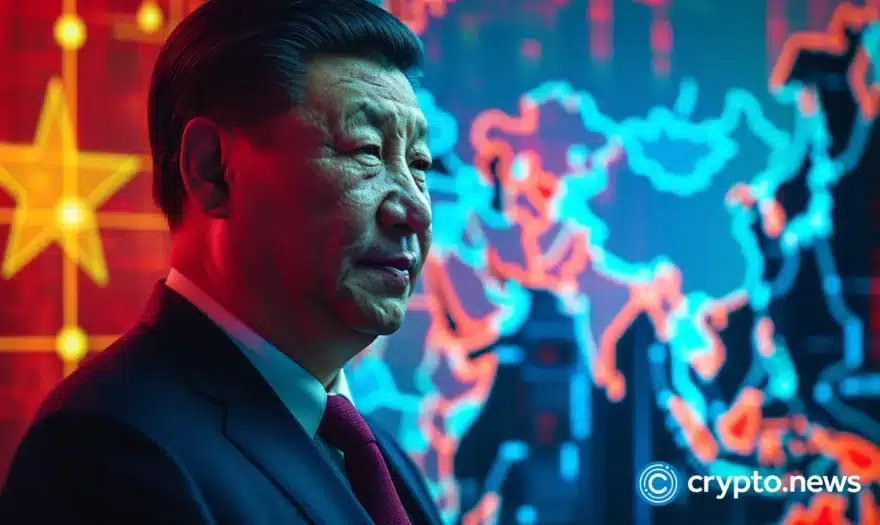Singapore’s MAS Grants In-Principle Approval to Crypto.com, Two Others

Crypto.com and two other companies have been granted in-principle approvals by the Monetary Authority of Singapore (MAS). This paves the ground for the three companies to offer their services within the country.
The MAS Gives the Green Light
According to reports on Wednesday, The Monetary Authority of Singapore (MAS) has granted in-principle digital token payment licenses to the leading digital asset exchange, CryptoCom, to provide various payment services within the Asian city-state.
The authority has also approved two other crypto companies, digital currency broker Genesis and digital asset trading platform Sparrow, to provide similar services.
Kris Marszalek, Crypto.com’s CEO and co-founder stated:
“MAS sets a high regulatory bar that cultivates innovation while protecting consumers, and their in-principle approval of our application reflects the trusted and secure platform we have worked diligently to build.”
This will be Crypto.com’s second significant country of entry, following the provisional approval of its Virtual Asset MVP License by the Dubai Virtual Assets Regulatory Authority (VARA).
Security a Priority for Singapore Regulator
The move comes at a time when the broader crypto market is experiencing a downturn and as Singapore tightens its regulations on retail trading.
Deputy Prime Minister Heng Swee Keat stated, “Crypto assets have more recently been in the spotlight for the wrong reasons. This, however, does not reflect where the greatest value of blockchain and digital assets lies, much of which is away from the retail glare.”
Earlier in the month of January, the MAS had released guidelines with the objective of deterring the general community from trading cryptocurrencies.
“MAS has consistently warned that trading DPTs is highly risky and not suitable for the general public, as the prices of DPTs are subject to sharp speculative swings,” the regulator said.
Last November, Ravi Menon, the MAS’s head, announced the watchdog’s plans to develop the city-state into a global hub of the crypto sector. However, he believes that implementing robust restrictions on the sector could help achieve this goal.
Menon stated that criminals could use digital assets in their illegal actions. Hence restrictions should be as “stringent” as practicable.
Singapore Eyes Blockchain Potential
Singapore seeks to become a crypto frontrunner in the ‘medium-term’ besides its oversight role in the virtual asset industry. Even with Dubai’s rising profile as a crypto hub, the nation-state doesn’t seem to be deterred.
In addition, Heng Swee Keat’s recent statement clarifies that the Asian nation is interested in exploring the blockchain realm beyond crypto assets.
“There is thus much that we can explore using blockchain technology to improve efficiencies, accessibility, and affordability of cross-border transactions,” the official said.
Previously, he stated that the country was eager to cooperate with blockchain and digital asset players to encourage innovation and build trust in the sector.
Last month, Singapore’s leading financial regulator collaborated with the local financial industry to launch “Project Guardian.” The project will be led by the largest domestic bank – DBS Bank, and JPMorgan Chase – an American firm.
With the launch of “Project Guardian,” Singapore is doubling down on its plans to become a cryptocurrency hub by exploring the applications of decentralized finance (DeFi) and asset tokenization.












